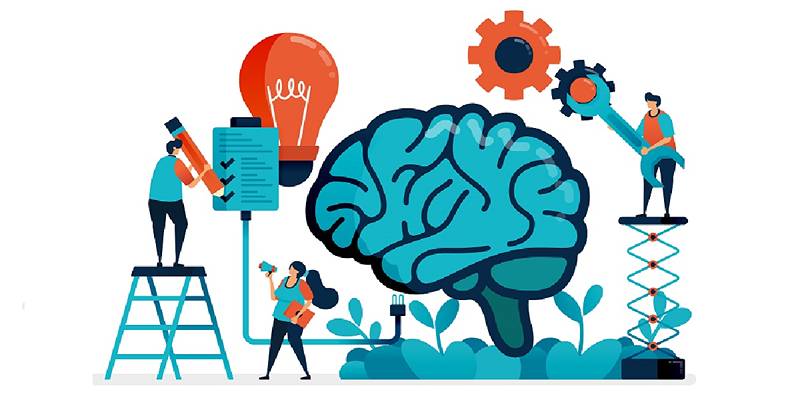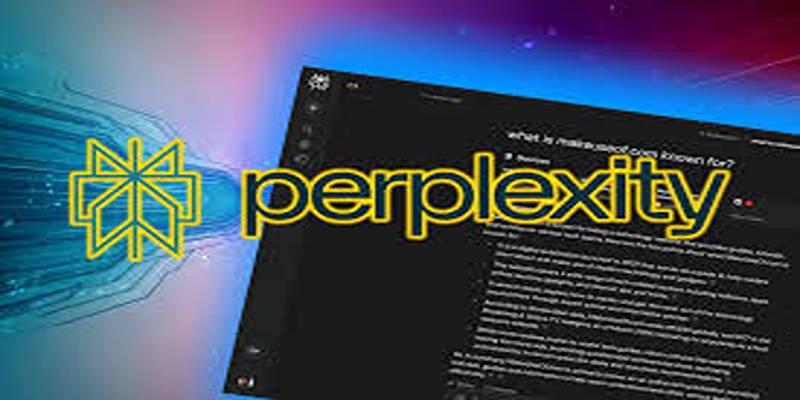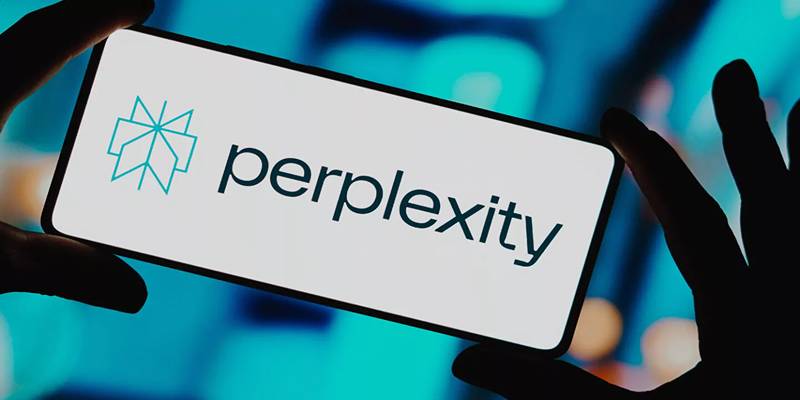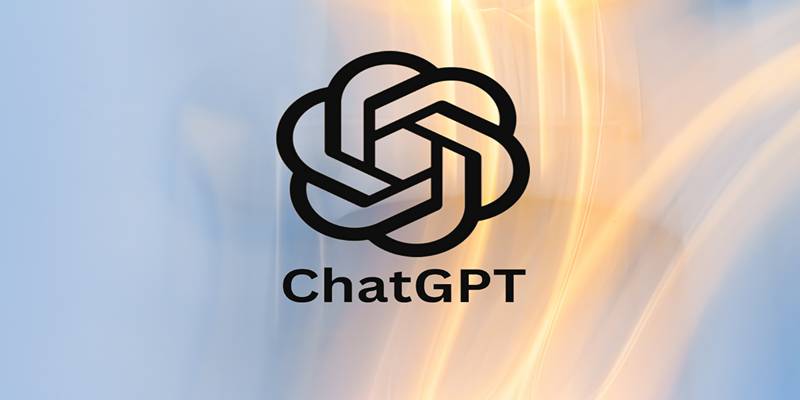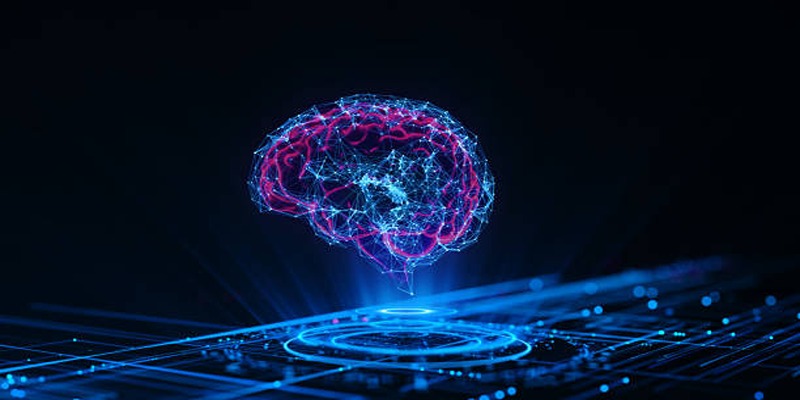Keeping track of and making sense of all the information that comes our way faster than ever is both necessary and difficult. For individuals working across technical fields, creative domains, or deep research topics, maintaining a structured and accessible knowledge base is critical. However, the traditional manual approach to note-taking, sorting, and formatting can be both time-consuming and inconsistent.
It is where artificial intelligence (AI) steps in—not just as a productivity tool but as a full-fledged knowledge assistant. Leveraging AI tools like ChatGPT, Perplexity, and Gemini, users can streamline the process of capturing, organizing, and retrieving information in smarter ways than ever before.
Step 1: Extracting Structured Notes Using ChatGPT
The first step to building a meaningful knowledge base is being able to distill relevant insights from dense and technical content. When dealing with complex manuals or data sheets—such as those for microcontrollers, hardware components, or scientific research—a traditional read-through isn’t efficient.
It is a scenario where ChatGPT proves invaluable. A user can upload technical PDF documents directly into the platform and configure the system for optimal output:
- Search Functionality Disabled: To ensure that all notes originate solely from the provided source.
- Reason Mode Enabled: Especially useful for technical material, this setting helps the AI logically break down information.
- Model Selection: Lightweight models like o3-mini are suitable for technical breakdowns, while more advanced ones like GPT-4o are ideal for nuanced or creative interpretations.
Prompting for Maximum Efficiency
An effective prompt can make or break the note-extraction process. A structured approach works best, typically broken into three sections:
- Goal: The AI should be given a specific objective. For instance, "Summarize the configuration and setup instructions for the microcontroller’s I2C interface."
- Filter: The user may request only particular elements, such as register maps, timing diagrams, or command sequences.
- Format: Formatting guidelines can be embedded into the prompt or uploaded as a separate file—especially if the user is working with a structured note-taking app like Logseq.
The result? Clean, well-structured, and directly usable notes—often including links to diagrams or embedded images. While image files must sometimes be manually downloaded and moved into an assets folder for proper display, the majority of the formatting work is done by the AI.
Step 2: Continuous Knowledge Expansion Using Perplexity
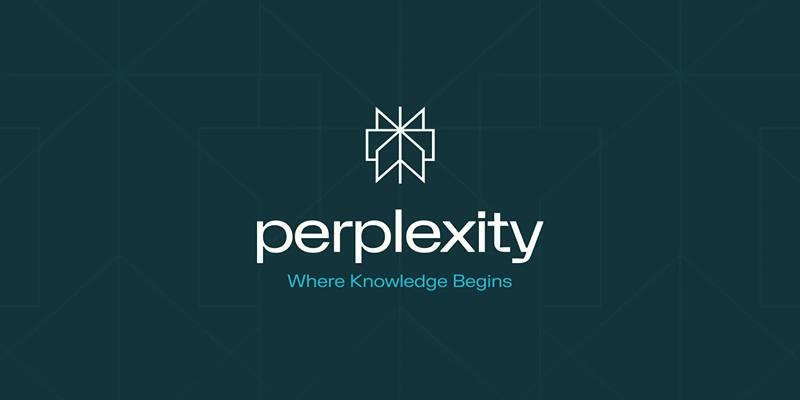
Knowledge isn't always found in static documents. For day-to-day learning—whether from websites, articles, or spontaneous questions—Perplexity serves as a highly efficient assistant.
Smart Browsing With Perplexity’s Chrome Extension
While browsing niche websites (such as those focused on hydroponics or specialized tech), users can activate the Perplexity Chrome extension and narrow their queries to a specific domain. It allows them to filter information intelligently without combing through each page manually. A user could, for example, visit a hydroponics website and ask Perplexity for all relevant information on nutrient solutions or lighting systems.
Voice Queries on Mobile
On the go, Perplexity’s mobile app becomes a voice-powered AI assistant. Users can long-press their phone’s power button to ask questions verbally—no typing required. Whether on a commute or in the middle of another task, this feature makes real-time knowledge capture as seamless as having a conversation.
Evening Wrap-Up: Converting to Notes
All Perplexity queries and responses are stored in the app’s Library section. Users can copy the day’s content, feed it into ChatGPT, and apply their note formatting guidelines—just like they would with a PDF. It turns casual curiosity into structured knowledge, formatted and tagged for easy retrieval in systems like Logseq.
Step 3: Refining and Querying Knowledge With Gemini
Once information has been captured and stored, maintaining the knowledge base becomes the next challenge. It is where Gemini, Google’s advanced AI model, adds another layer of value—especially when connected to Logseq through the AssistSeq plugin.
Simple Integration for Maximum Impact
Using Gemini with Logseq is straightforward:
- Install AssistSeq Plugin
- Generate a Free API Key from Google AI Studio
- Add API Key to AssistSeq Settings
Once activated, Gemini becomes available directly within the Logseq environment.
Smart Queries Within the Knowledge Base
Users can ask Gemini targeted questions about their notes without leaving Logseq. Whether it's retrieving a summary from an old firmware document or clarifying a term from hydroponics notes, Gemini helps bridge the gap between raw data and actionable insight.
Automated Organization and Cleanup
Over time, notes may become cluttered with overlapping tags or duplicated keywords. Gemini can be used to identify and remove redundancies—for example, by cleaning up the “Related” section to exclude any terms already present in the “Tags” list. It keeps the knowledge base lean and logically structured.
Flashcard Generation for Active Recall
One of Gemini’s standout use cases is turning notes into study aids. Users can request flashcards based on any topic within their knowledge base. Gemini will generate question-and-answer pairs in a format compatible with Logseq or other spaced repetition tools.
It is especially useful for retaining complex materials, from chip datasheets to biological processes. While users must currently enter flashcard formatting manually (as AssistSeq doesn’t allow file uploads), it’s still significantly faster than creating each card by hand.
Bringing It All Together: A Smarter Knowledge System

When used together, these three AI tools form a powerful, end-to-end knowledge management workflow:
- ChatGPT: Ideal for processing dense, structured information from documents and PDFs.
- Perplexity: Excellent for casual learning, research, and domain-specific queries during the day.
- Gemini (via AssistSeq): Perfect for maintaining, querying, and enriching a long-term knowledge base.
Each tool complements the others. ChatGPT provides depth, Perplexity offers breadth, and Gemini ensures precision and organization.
Conclusion
People who know how to organize their information well will always be ahead in today's world full of information. AI doesn’t just simplify note-taking—it transforms how knowledge is consumed, curated, and retained.
By turning unstructured data into organized insights, enabling on-the-go learning, and maintaining a clean, searchable repository, AI tools like ChatGPT, Perplexity, and Gemini help users build a second brain—one that never forgets, always adapts, and grows smarter every day.
